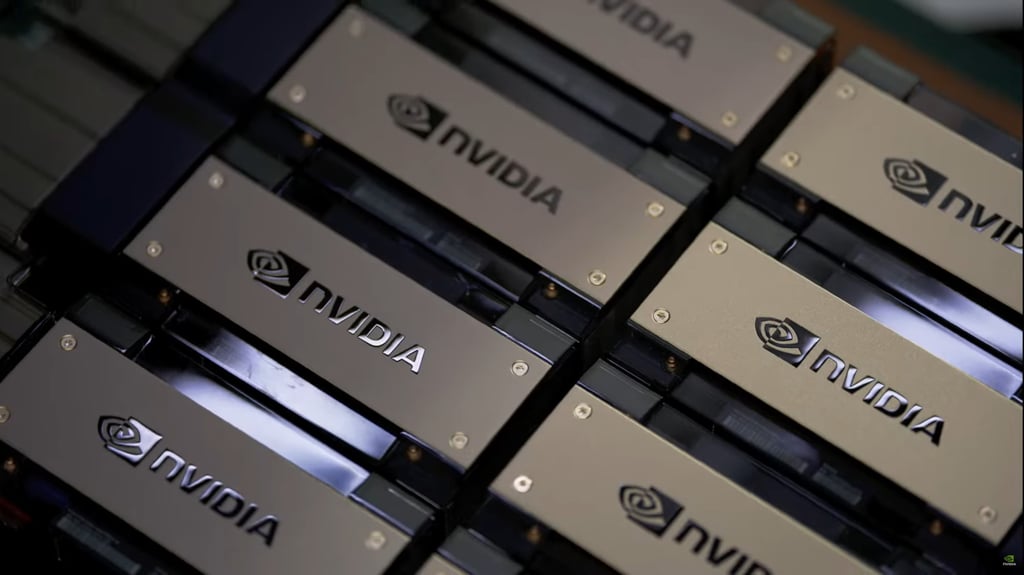Huawei Technologies will open-source its Compute Architecture for Neural Networks (CANN) – the software toolkit used to develop applications on the firm’s Ascend AI processors – as the Shenzhen-based company steps up efforts to compete against Nvidia, days after Beijing raised concerns about its H20 chip’s security.
Advertisement
That move would help “speed up innovation from developers” and “make Ascend easier to use”, Huawei rotating chairman Eric Xu Zhijun said on Tuesday at the company’s developer conference in Beijing.
Huawei has already discussed with China’s leading artificial intelligence players, business partners, universities and research institutions how to build an open-source Ascend ecosystem, according to a statement from the company.
While the statement did not mention Nvidia’s proprietary Compute Unified Device Architecture (CUDA) toolkit, Huawei’s latest open-source initiative bolsters mainland China’s broad push for technology self-sufficiency, while creating an alternative platform that developers can use to build applications on domestic AI chips.
The open-source approach gives public access to a program’s source code, allowing third-party software developers to modify or share its design, fix broken links or scale up its capabilities.
Advertisement
Nvidia last year added a provision to its CUDA licence agreement, requiring developers not to run CUDA on third-party graphics processing units (GPUs) using so-called translation layers – software that converts one set of codes into another – on non-Nvidia hardware systems.


